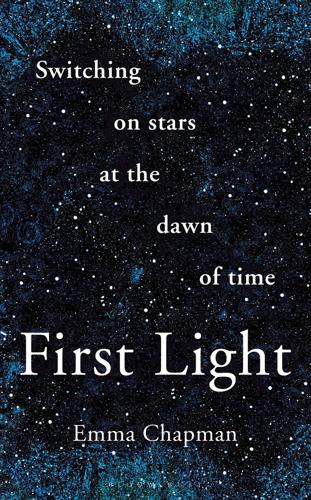
First Light: Switching on Stars at the Dawn of Time
by
Emma Chapman
Published 23 Feb 2021
Split a test group into two and give the groups differing objects (it doesn’t matter what: money or a lottery ticket, chocolate or a mug, a mug or a different mug); they will treasure what they have been given, showing a reluctance to trade independent of what they have been given.2 This is called the endowment effect. There’s something in us that needs to classify objects, own them and keep them. British physicist Ernest Rutherford famously said that ‘All science is either physics or stamp collecting’, implying derision on, for example, the practice in biology of classifying the animal and plant kingdoms into species, genera, families and so on. In the same era, the early 1900s, American astronomer Edwin Frost dreamed of a system dividing the stars into phyla and classes: a kingdom of stars.
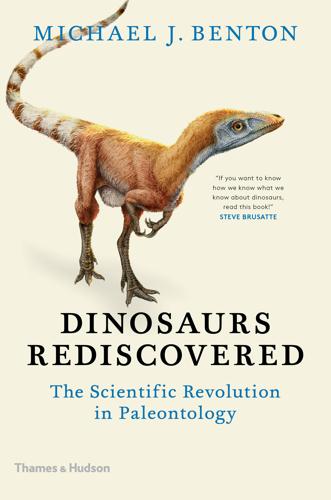
Dinosaurs Rediscovered
by
Michael J. Benton
Published 14 Sep 2019
The extinction of the dinosaurs happened 66 million years ago, so how on Earth could a scientist hope to investigate it scientifically? What is science? This was the point being made by Sir Ernest Rutherford – the New Zealand-born physicist who made his name at the University of Cambridge with the discovery of the half-life of radioactive elements – when he stated, around 1920, that ‘all science is either physics or stamp collecting’. Many hard-nosed physicists might agree with him even today. Nonetheless, he was ruling that much of chemistry, biology, geology, and the applied sciences in medicine and agriculture was not scientific. I’m sure Rutherford viewed the sciences in a series, reading from left to right from ‘strong’ to ‘weak’.
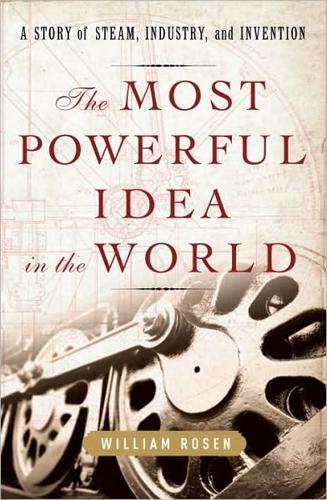
The Most Powerful Idea in the World: A Story of Steam, Industry, and Invention
by
William Rosen
Published 31 May 2010
CHAPTER FOUR A VERY GREAT QUANTITY OF HEAT concerning the discovery of fatty earth; the consequences of the deforestation of Europe; the limitations of waterpower; the experimental importance of a Scotsman’s ice cube; and the search for the most valuable jewel in Britain THE GREAT SCIENTIST AND engineer William Thomson, Lord Kelvin, made his reputation on discoveries in basic physics, electricity, and thermodynamics, but he may be remembered just as well for his talent for aphorism. Among the best known of Kelvin’s quotations is the assertion that “all science is either physics or stamp collecting” (while one probably best forgotten is the confident “heavier-than-air flying machines are impossible”). But the most relevant for a history of the Industrial Revolution is this: “the steam engine has done much more for science1 than science has done for the steam engine.” For an aphorism to achieve immortality (at least of the sort certified by Bartlett’s Familiar Quotations), it needs to be both true and simple, and while Kelvin’s is true, it is not simple, but simplistic.
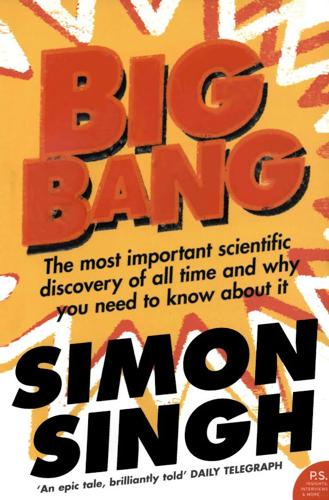
Big Bang
by
Simon Singh
Published 1 Jan 2004
He was much loved by his colleagues and students, but he was also known as a gruff authoritarian who was prone to temper tantrums and displays of arrogance. For example, according to Rutherford, physics was the only important science. He believed that it provided a deep and meaningful understanding of the universe, whereas all the other sciences were preoccupied with mere measuring and cataloguing. He once stated: ‘All science is either physics or stamp collecting.’ This blinkered comment backfired when the Nobel Committee awarded him the 1908 chemistry prize. Figure 68 The portrait of Ernest Rutherford was taken when he was in his mid-thirties. He had a disdain for chemists, which was not uncommon among physicists. For example, Nobel physicist Wolfgang Pauli was angry when his wife left him for a chemist: ‘Had she taken a bullfighter then I would have understood, but an ordinary chemist…’ The second photograph shows a more mature Rutherford with his colleague John Ratcliffe at the Cavendish Laboratory.
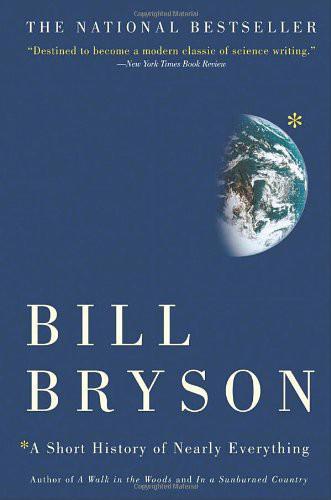
A Short History of Nearly Everything
by
Bill Bryson
Published 5 May 2003
When the wife of the great Austrian physicist Wolfgang Pauli left him for a chemist, he was staggered with disbelief. “Had she taken a bullfighter I would have understood,” he remarked in wonder to a friend. “But a chemist . . .” It was a feeling Rutherford would have understood. “All science is either physics or stamp collecting,” he once said, in a line that has been used many times since. There is a certain engaging irony therefore that when he won the Nobel Prize in 1908, it was in chemistry, not physics. Rutherford was a lucky man—lucky to be a genius, but even luckier to live at a time when physics and chemistry were so exciting and so compatible (his own sentiments notwithstanding).
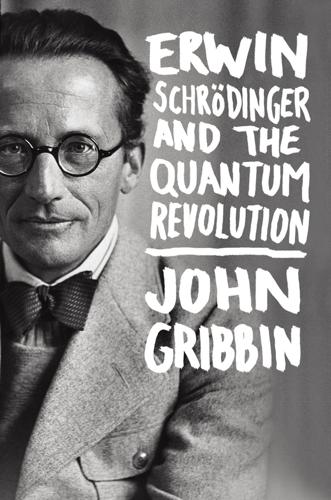
Erwin Schrodinger and the Quantum Revolution
by
John Gribbin
Published 1 Mar 2012
Back in England, in 1907 he became Professor of Physics at the University of Manchester, and in 1908 received the Nobel Prize for his work on the transmutation of the elements. The Nobel Committee regarded this as a branch of chemistry, so he was awarded the chemistry prize, even though Rutherford regarded himself as a physicist and once famously said: “All of science is either physics or stamp collecting.” The year after he received the Nobel Prize, Rutherford suggested an experiment, actually carried out by two of his junior colleagues in Manchester, Hans Geiger (1882–1945) and Ernest Marsden (1889–1970), that provided the first insight into the structure of the atom. Geiger and Marsden used alpha particles from a radioactive source to bombard thin sheets of metal foil, and a detector devised by Geiger and Rutherford (the precursor of the famous Geiger counter) to monitor where the alpha particles went after they hit the metal.
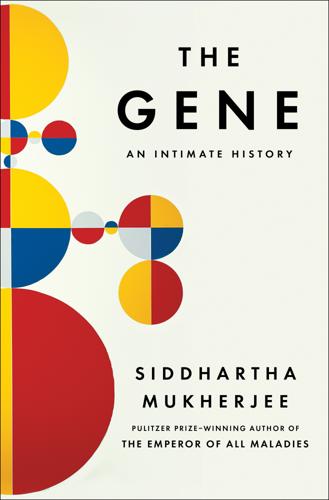
The Gene: An Intimate History
by
Siddhartha Mukherjee
Published 16 May 2016
Mendel, too, had started out as a botanist and a naturalist and radically swerved that discipline by seeking the mechanism that drove heredity and variation. Both Darwin and Mendel observed the natural world to seek deeper causes behind its organization. II. Watson borrowed this memorable phrase from Ernest Rutherford, who, in one of his characteristically brusque moments, had declared, “All science is either physics or stamp collecting.” III. These libraries were conceived and created by Tom Maniatis in collaboration with Argiris Efstratiadis and Fotis Kafatos. Maniatis had been unable to work on gene cloning at Harvard because of concerns about the safety of recombinant DNA. He had moved to Cold Spring Harbor on Watson’s invitation so that he could work on gene cloning in peace.